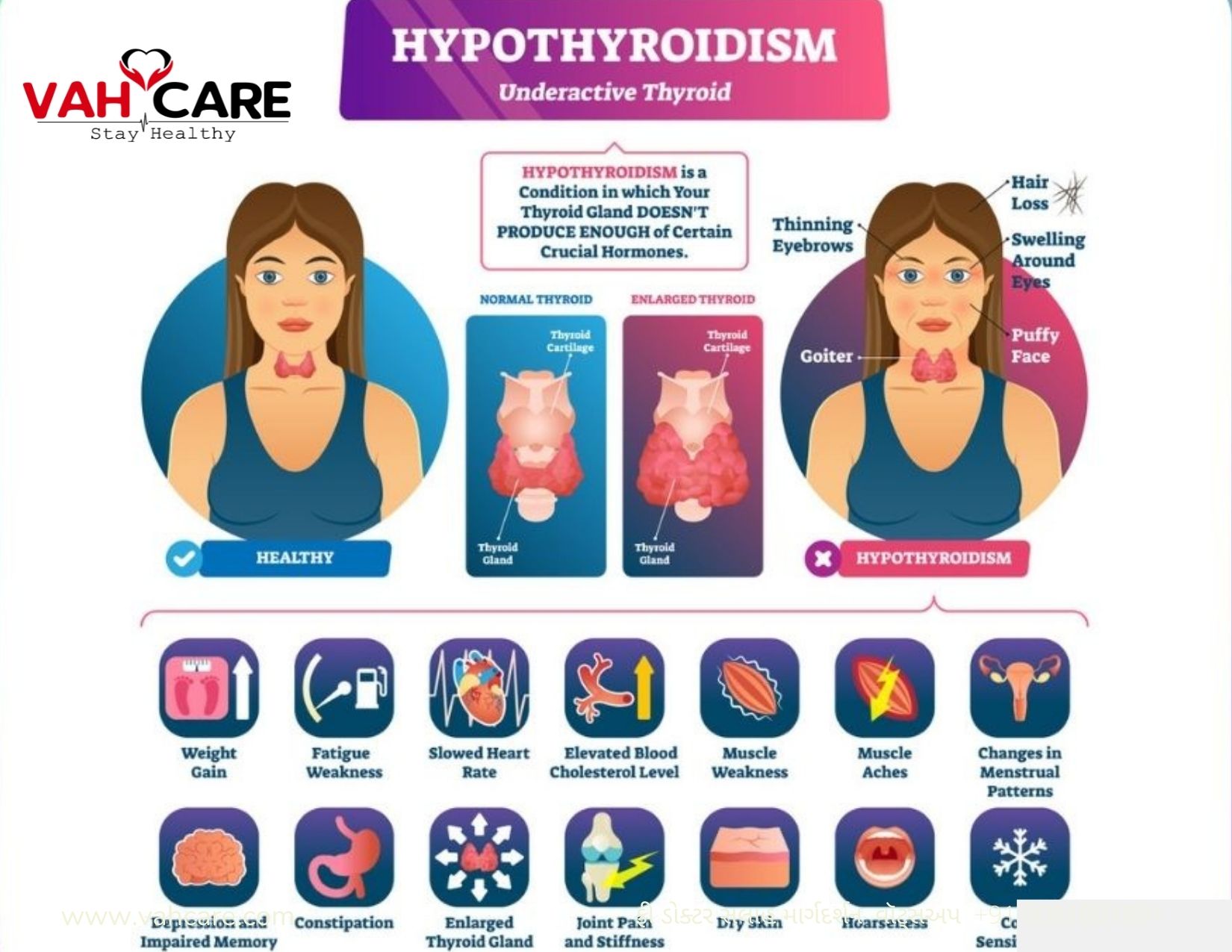
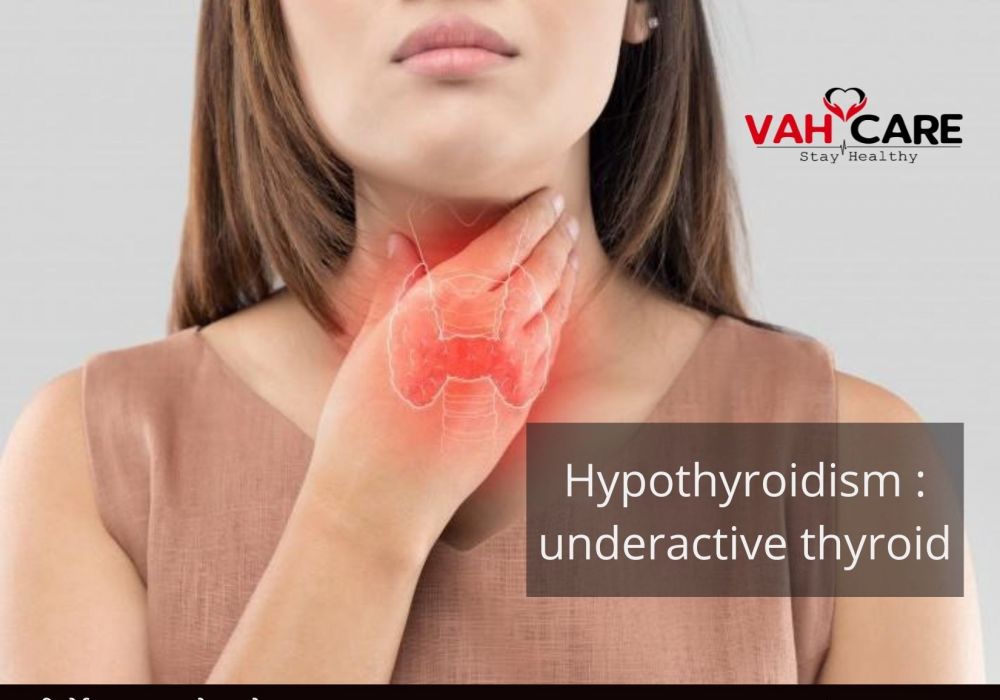
Hypothyroidism is a common condition where the thyroid doesn’t create and release enough thyroid hormone into your bloodstream. This makes your metabolism slow down. Also called underactive thyroid, Hypothyroidism is an endocrine condition characterized by having an underactive thyroid gland, which results in a deficiency in the thyroid hormone. The thyroid gland is a butterfly shaped gland located in the front of the neck just below the voice box (larynx) and it releases the hormones that regulate the body’s energy and control metabolism.
hypothyroidism can make you feel tired, gain weight and be unable to tolerate cold temperatures. The main treatment for hypothyroidism is hormone replacement therapy.
What are the symptoms of hypothyroidism?
The symptoms of hypothyroidism usually develop slowly over time – sometimes years.
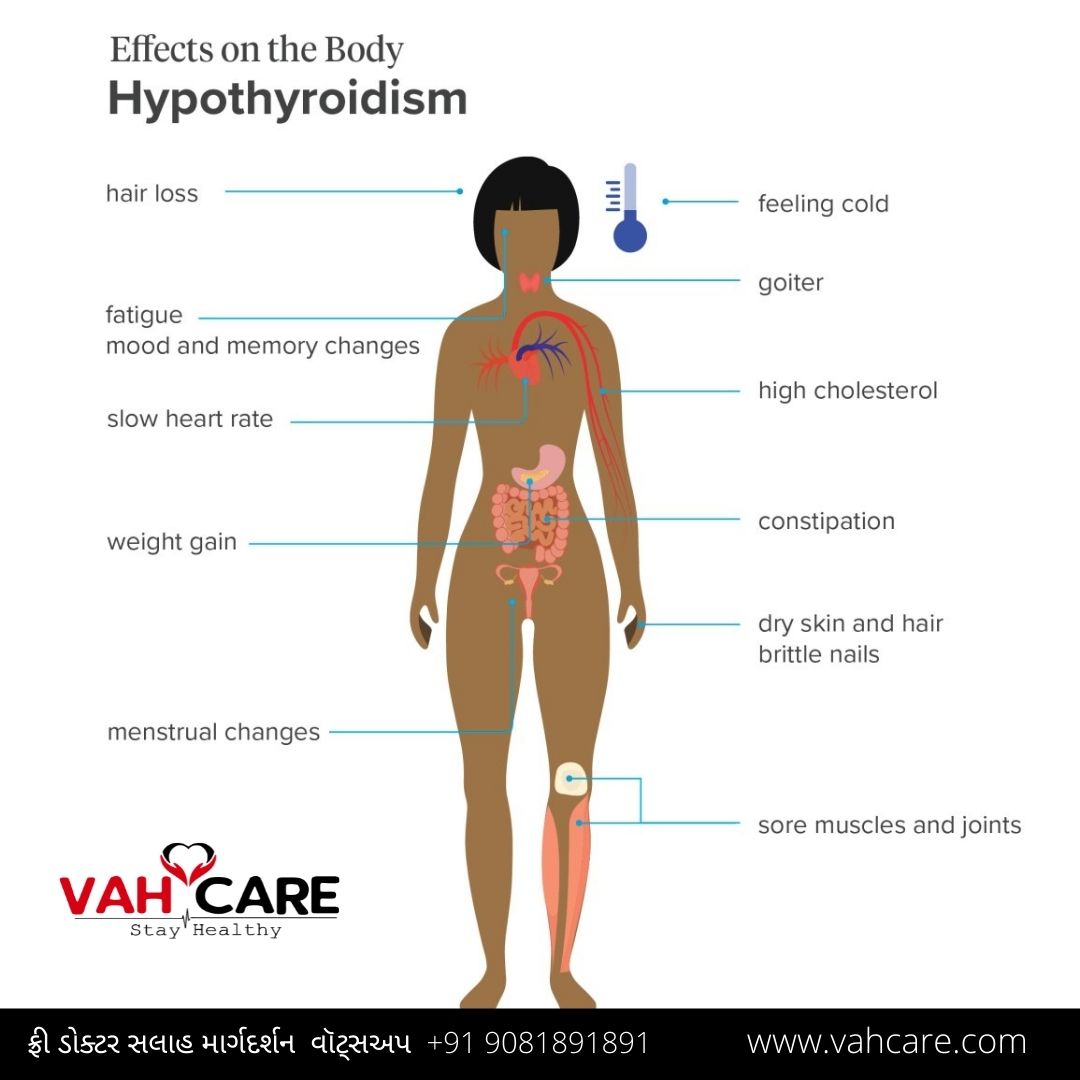
They can include:
- Feeling tired (fatigue).
- Experiencing numbness and tingling in your hands.
- Having constipation.
- Gaining weight.
- Experiencing soreness throughout your body (can include muscle weakness).
- Having higher than normal blood cholesterol levels.
- Feeling depressed.
- Being unable to tolerate cold temperatures.
- Having dry, coarse skin and hair.
- Experiencing a decrease sexual interest.
- Having frequent and heavy menstrual periods.
- Seeing physical changes in your face (including drooping eyelids, as well as puffiness in the eyes and face).
- Having your voice become lower and hoarser.
- Feeling more forgetful (“brain fog”).
Diagnosis of Hypothyroidism
If your doctor suspects that you have hypothyroidism, he or she will obtain a blood sample and test your levels of thyroid hormone. The main way to diagnose hypothyroidism is a blood test called the thyroid stimulating hormone (TSH) test.
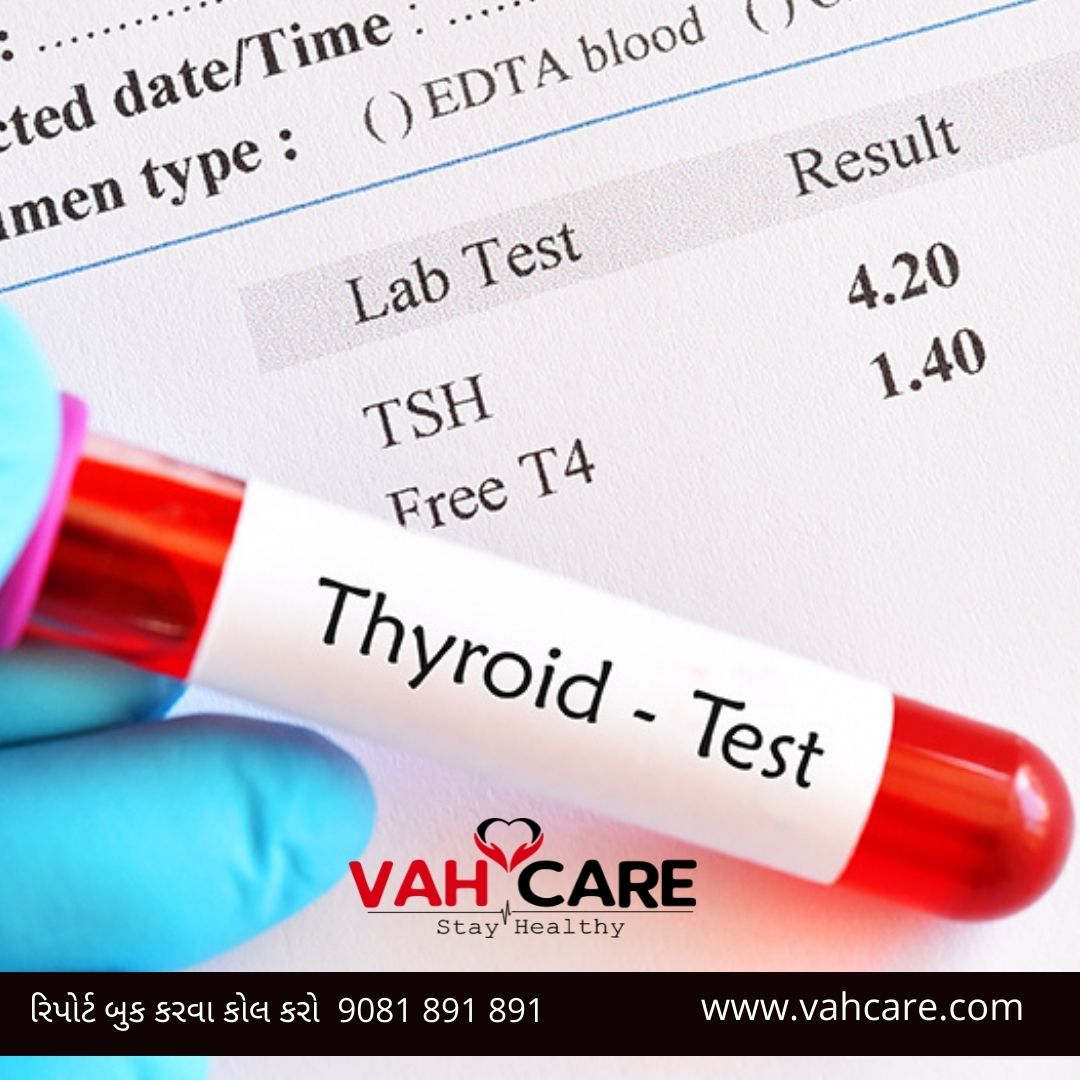
Treatment
If you have been diagnosed with hypothyroidism your doctor will prescribe a synthetic form of the thyroid hormone. About 1 to 2 weeks after you start treatment, you will likely notice that your levels of fatigue have improved. It is important that you take your medication exactly as prescribed and not miss any doses as well as maintain routine checkups with your primary health care provider. Your doctor will monitor your thyroid stimulating hormone (TSH) levels about 6 to 8 weeks after you begin therapy and make any necessary dosage adjustments. If your dose needs to be adjusted, you will require more labs to check your TSH levels. Once you are at a stable dose, your doctor will typically require you to have blood tests repeated in 6 months, and then once a year after that.
Point to Self-care
- Do not take your thyroid medication at the same time as fiber supplements, calcium, iron, multivitamins, or aluminum hydroxide antacids or any medications that bind bile acids. Take your thyroid medication and these medications at least 4 hours apart.
- Do not stop taking the medication even if you feel better.
- Take your medication exactly as directed by your doctor daily and at the same time every day
- Since absorption of this medication is increased on an empty stomach, take your thyroid medicine on an empty stomach 30 minutes to an hour before breakfast.
